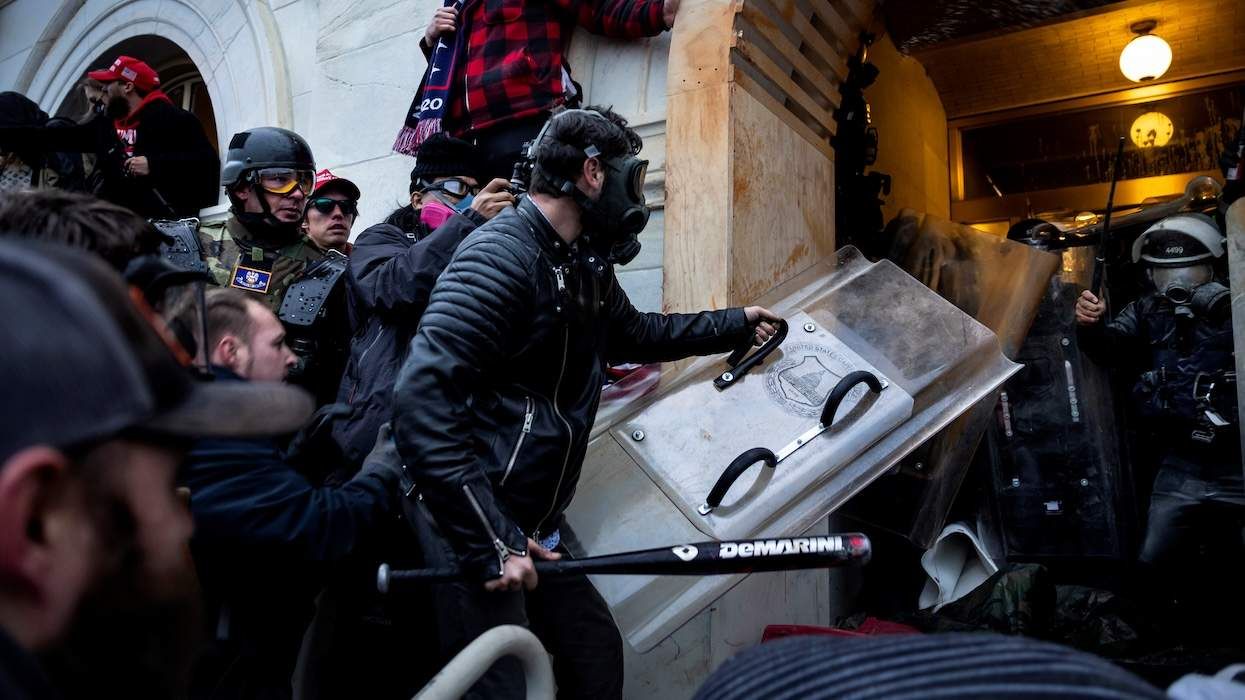If you have not seen the Netflix documentary The Trials of Gabriel Fernandez, you're missing a shocking, jaw-dropping story of physical and mental abuse and the unspeakable death of a beautiful, sweet, and caring young boy.
How do you begin to describe the terror inflicted upon Gabriel by a severely mentally ill mother and her monster of a boyfriend? The filthy box he was kept in, the bloodied handcuffs. baseball bat, and paddle. So many bloodstains scattered on the walls that red stickers marking the spots ran out, replaced by yellow tabs, a bright color pointing to the darkest of stains. The smoldering, lethal cigarette butts tossed about.
Then there are those scars to his forehead, peeling and oozing, the plethora of ugly bruises, the indentations and blisters from an array of burns, some from those cigarettes. The cold, dark, hollow, and deeply discolored eyes. And broken and cracked ribs that stung mightily and loudly with every move and breath.
If that all was not enough, the unimaginable discovery of cat litter in little Gabriel's stomach. His sustenance not even fit for the felines that shit and pissed in it -- graphic words written intentionally, for there is no other way to describe how utterly disgusting his torturous treatment was.
And that barbaric treatment didn't stop within the corridors of his trash-laden apartment and his darkened crate. The system that is supposed to protect fragile angels like Gabriel failed miserably. It is inexcusable, inexplicable, and incomprehensible how the individuals within the child welfare system in Los Angeles and those responsible for Gabriel failed so crushingly. It raises the question, how many other children have begged or are begging for relief from their suffering?
It seems that beautiful and sweet Gabriel had no one who he could rely on or trust. No one he could not fear. No one to smile, laugh, or be comfortable with. No one to thrive under. He lived in exile from two people who genuinely cared and loved him -- Gabriel's great-uncle and the great-uncle's partner. It was with them that Gabriel smiled, laughed, cuddled, and lived. And through no fault of their own, it was because of those two men that Gabriel's life was snapped apart and snuffed out.
Those two men committed the disgusting crime of being gay, according to their relatives, and tragically for Gabriel, that was enough to rip him out of their hearts and their home.
Any gay male guardians of a small boy are always in danger when a family looks at them as outliers. You see, we all know that the castigating family, if they are sternly objecting to two gay men raising a boy, have a surefire fallback to get the system to undo a loving family -- the cruel, insidious accusation of molestation even though no such crime happened. How easy was it for Gabriel to be snatched out of safety and thrown into danger? One word. One false, malicious accusation. One lie. One verdict.
Gabriel's story gets worse because the abuse was brought about with one savage explanation. The macho boyfriend and his accomplice had to beat the gayness out of Gabriel, a "sickness" that he supposedly caught from his time with two gay men.
It recalls, less violently but vividly, one scene in Mike Wallace's 1960s special The Homosexuals, where a doctor said if a boy is a "sissy," the dad needs to take him to a baseball game. For Gabriel, the game stayed within the confines of his imprisonment, and he was the ball slugged by a brute with a bludgeoning bat.
There are so many people out there who still think you can, in a "manly" fashion, beat the queer out of an innocent child, and who still subscribe to the warped idea of a "cure" from a 1960s doctor gone wrong. Or parents and guardians who humiliate the "fairiness" out of the boy by dressing him up in girls' clothes, emasculating an impressionable child. That's what happened to Gabriel. The investigators found three dresses in Gabriel's closet, and his real clothes were founded drenched under a leaky faucet that rained down hard on all that was left of Gabriel's boyhood.
There is so, so much to consider, ponder, question, and confront in Gabriel's story. It's overwhelming and terribly difficult to grasp any worthwhile meaning from his unspeakable trauma. However, there is one thing that is abundantly clear. And that's the fact that the gay great-uncle and his partner were the wrongly accused villains to begin with and the unconquerable and unattainable heroes -- if there are any -- in the end. If you just think of that one inflammatory lie in the mix of Gabriel's life, molestation, how much different things might have been for that blessed child if that weaponized word wasn't wrongly spoken.
The two men who took care of Gabriel were not foster parents by definition, but they were the ones who wanted him and gave him a place to live, grow, and be loved. For courts trying to take away the foster rights of gay parents, maybe the judges should consider Gabriel's tragic existence and how at one brief time in his life he was happy with two loving gay guardians.
Something good has to come out of this calamity.
John Casey is a PR professional and an adjunct professor at Wagner College in New York City, and a frequent columnist for The Advocate. Follow John on Twitter @johntcaseyjr.
















